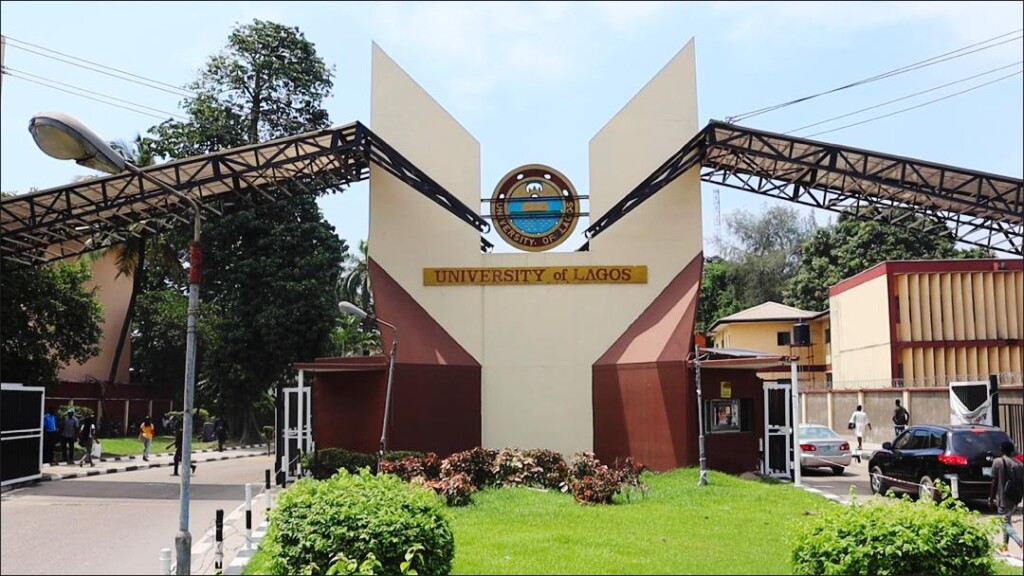The University of Lagos (UNILAG) is one of Nigeria’s most prestigious institutions, offering a wide range of undergraduate and postgraduate programs. Established in 1962, UNILAG has become a beacon of academic excellence and innovation in Nigeria and beyond. The university’s mission is to provide high-quality education, foster research, and contribute to the social, cultural, and economic development of Nigeria. Here’s everything you need to know about this renowned university.
History and Establishment
The University of Lagos was founded by the Federal Government of Nigeria in response to the growing need for higher education in the country. Initially, the university had a small number of students and faculty, but over the years, it has grown into one of the largest and most influential universities in West Africa.
The university was officially established by the University of Lagos Act, which aimed to make higher education more accessible to Nigerians. UNILAG has since played a significant role in shaping the educational landscape of Nigeria.
Location and Campuses
UNILAG is located in the heart of Lagos, Nigeria’s commercial capital. The main campus, known as the Akoka campus, is situated in Yaba, Lagos. This central location provides students with easy access to business hubs, cultural landmarks, and various recreational activities in Lagos.
In addition to the Akoka campus, the university also has other campuses, including the College of Medicine, located in Idi-Araba, which offers specialized programs in health and medical sciences.
Academic Programs and Faculties
UNILAG offers a wide variety of academic programs, catering to a diverse range of fields and disciplines. The university has 12 faculties, each offering undergraduate, postgraduate, and research programs. These faculties include:
- Faculty of Arts
- Faculty of Business Administration
- Faculty of Education
- Faculty of Engineering
- Faculty of Environmental Sciences
- Faculty of Law
- Faculty of Medical Sciences
- Faculty of Pharmacy
- Faculty of Science
- Faculty of Social Sciences
- Faculty of Science Education
- Faculty of Technology
Programs at UNILAG cover a wide range of disciplines, including humanities, social sciences, business, health sciences, engineering, and more. The university is also known for its strong emphasis on research and innovation, encouraging students to pursue independent research in their respective fields.
Admission and Entrance Requirements
Getting into UNILAG is highly competitive, as it is one of the top choices for students seeking higher education in Nigeria. For undergraduate programs, prospective students must meet the university’s admission requirements, which include:
- A minimum of five credits in relevant subjects at the Senior Secondary Certificate Examination (SSCE) or its equivalent.
- Participation in the Unified Tertiary Matriculation Examination (UTME) conducted by the Joint Admissions and Matriculation Board (JAMB).
- A successful performance in the university’s Post-UTME screening test.
For postgraduate programs, candidates must have a good first degree (usually a second-class upper or lower division) from a recognized institution. Specific entry requirements vary depending on the program.
Campus Life and Student Support
UNILAG provides a vibrant and dynamic campus life for its students. The university is home to several student organizations, clubs, and societies that cater to a wide range of interests. These include academic clubs, sports teams, cultural groups, and social organizations.
The university also offers various support services to students, including counseling services, career guidance, health services, and accommodation options. UNILAG has both on-campus hostels and off-campus housing arrangements to accommodate its growing student population.
Research and Innovation
UNILAG is at the forefront of research and innovation in Nigeria. The university has established several research centers and institutes that focus on critical issues affecting Nigeria and the global community. These research centers cover fields such as health, technology, social sciences, and environmental sustainability.
The university encourages students and faculty to engage in groundbreaking research that addresses pressing societal challenges. UNILAG’s commitment to research excellence has led to numerous collaborations with international institutions, further enhancing its academic reputation.
Challenges and Future Prospects
While UNILAG continues to thrive academically, like many other Nigerian universities, it faces challenges such as inadequate funding, overcrowded classrooms, and infrastructure needs. However, the university’s management and stakeholders are continually working to address these issues and improve the overall learning experience for students.
The future of UNILAG looks promising, with plans to expand its academic programs, improve facilities, and increase its international collaboration efforts. The university remains a key player in shaping Nigeria’s higher education landscape and continues to produce graduates who contribute to the development of the nation.
The University of Lagos stands as one of Nigeria’s premier institutions of higher learning, providing quality education, fostering research, and producing graduates who are making an impact both locally and globally. With its rich history, diverse academic offerings, and vibrant campus life, UNILAG remains a top choice for students pursuing higher education in Nigeria. As it continues to evolve and expand, it remains committed to advancing the educational, social, and economic development of Nigeria





